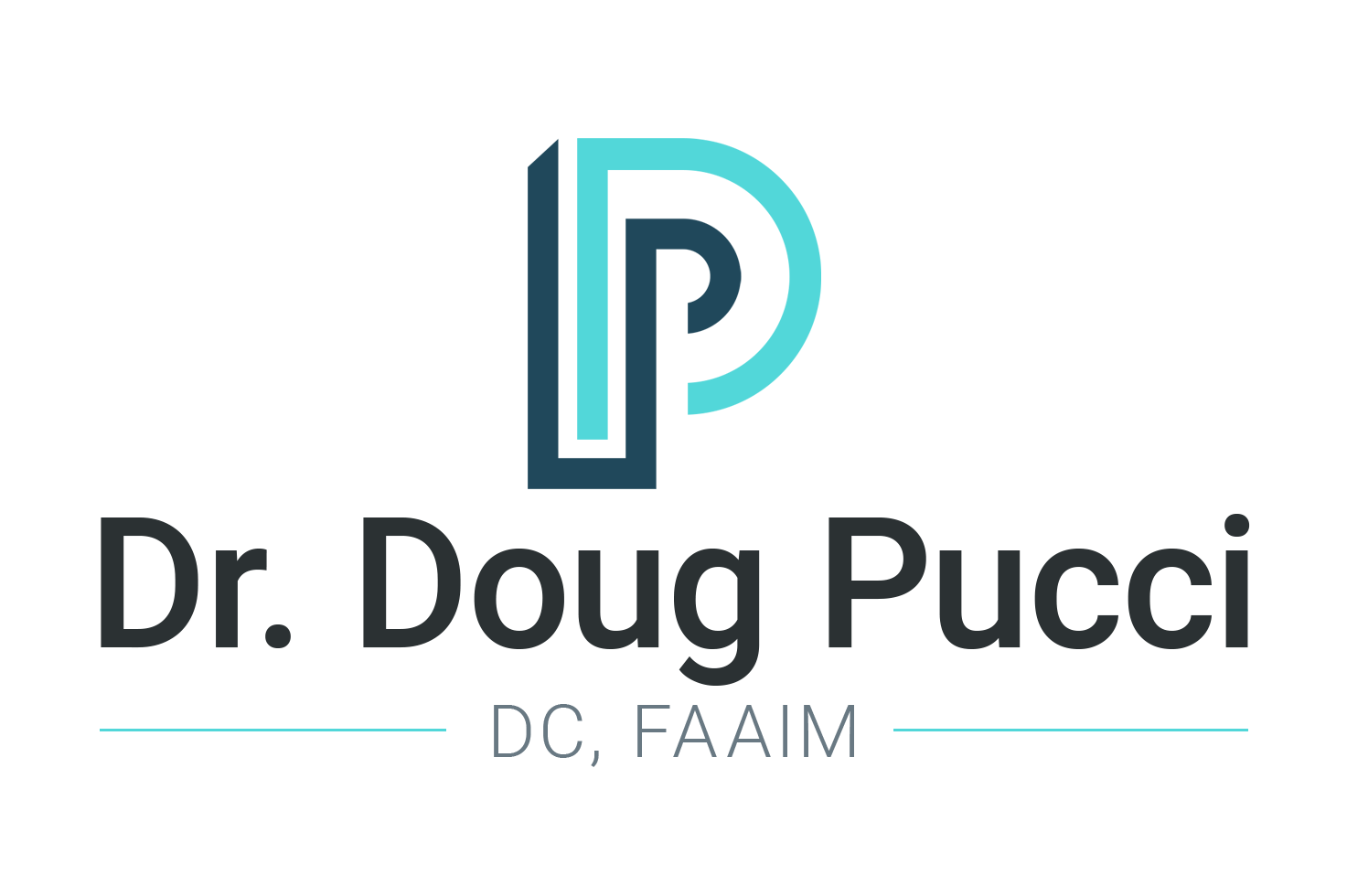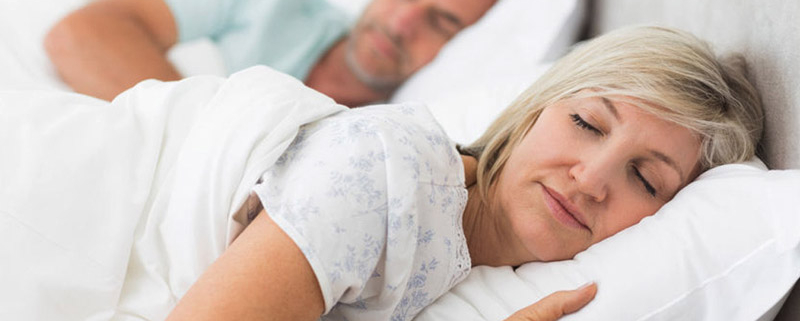How to Sleep Soundly, Boost Detoxification and Dream Big Toxins in our environment are worrying for how they affect us, and yet our capacity to detoxify is among our body’s greatest achievements.
We know that sleep is critical to achieving and maintaining good health, but how much do we consider it as part of our body’s detoxification process? When we’re asleep—particularly when we’re in deep sleep—three important things are happening:
- The brain is recharging itself. What most people don’t know is that the brain is actually an immune organ—90 percent of its cells, called glia cells, are immune cells tasked with protecting neurons and keeping them healthy; sleep is a vital part of that.
- The brain is eliminating toxins. Sleep is also the time when our brains detoxify themselves—researchers call this the glymphatic system. Glia cells are connected with lymphatics in the brain, and during sleep, toxins and chemicals are being drained from the brain through this glymphatic system.
- The cells of our body and brain are growing, regenerating, and repairing themselves, so when we’re sleeping, our body and brain are healing. When we’re sleep deprived, our immune system becomes compromised; alternatively, good sleep helps to create a strong, robust immune system.
Poor sleep is associated with a number of health risks: suppressed immune function, amplification of cardiovascular disease, obesity, neurological changes (i.e. mood, irritability, behavioral changes, focus, etc.), chronic pain, and gastrointestinal disorders. It’s estimated that between 50 and 70 million American adults have some type of sleep disorder, with insomnia being the most common. The required amount of sleep for different age groups is as follows:
- Adults: 7-9 hours
- Teenagers: 8-10 hours
- Children aged 2 to 6: 10-14 hours
- Infants: 12-16 hours
There are a number of strategies to sleep better at night. The most important thing is to wake up at the same time every day, including on weekends, to prevent throwing off the circadian rhythm. Second, eliminate electronics from the bedroom and turn them off one to two hours before going to bed—this includes computers, cell phones, TVs, etc. Electronics interfere with sleep because they emit EMFs (electromagnetic frequencies) that stimulate the brain and increase cortisol. The bedroom should also be dark and cool, both of which relax the body and promote sleep.
Another sleep strategy is to control evening blood sugar levels by not eating sugary foods at night (people with hypoglycemia should have some protein or fiber at night to keep their blood sugar levels up). Since fruits contain sugar too, they should be eaten earlier in the day. It’s also a good idea to get natural daylight outside as early in the day as possible to kickstart a natural circadian rhythm into gear. There are also some nutrients that can help, but these need to be addressed on a person-to-person basis.
Other issues that can affect sleep include how well the body detoxifies environmental toxins, generational toxins, and toxins produced by the body itself. Learn more about sleep, exercise and natural detoxification methods, or how to improve the body’s natural healing ability, tune into Module 5 of The Down5 Pounds Challenge.
Participants who have implemented the strategies learned in the 5-Day LIVE Weight Loss Challenge have reported less pain, fewer headaches, more energy and weight loss. However, The Down5 Pounds Challenge is not the promise of a cure and does not constitute medical advice. To learn more about The Down5 Pounds Challenge: How to Curb the Midlife Madness Overtaking Your Gut!, please visit our website at learn.getwell-now.com. For questions or To dig a little deeper into your own unique biochemistry or learn about root cause healing and functional medicine, visit us at Get Well Now and schedule a Discovery Call.
About Dr Pucci - Dr. Doug Pucci, Founder, Pucci Wellness Center, is a functional medicine pioneer and Bergen County’s Face of Functional Medicine. He was honored to receive both The Best Of 2020 Awards for Functional Medicine in Oradell, NJ, and entry into Trademark Publications’ 2020 Who’s Who Directory, Honors Edition. Contact (201) 261-5430.
Food 101 is about food, and specifically how food is metabolized into energy. Why excess energy from simple carbohydrates induces a stress response that produces fat.
We begin to examine the food we eat and separate the “good” from the “bad” in each category (carbohydrates, fats, proteins). There are so many myths about food, fad diets, dietary strategies, and so on, that we want to tease these apart. All too often patients become paralyzed about what to put in their mouths or on the table.
Gaining Weight, Eating Too Often and Still Craving the Wrong Foods? is a primer on some of the ways that even a good dietary plan, such as keto, paleo and vegan, can go wrong.
The gut is not a sterile or empty environment. Indeed, it is filled with life. Learn about the GI Effects test from Genova, and the gastrointestinal tract. This test gives us indications for five broad categories that affect digestion and colon health: maldigestion, inflammation, dysbiosis, metabolic imbalance and infection.
Gut Health and Weight Loss is a look at why starving ourselves to lose weight isn’t the answer. And for most people, an excessive amount of exercise isn’t either.
Fiber is Key to a Healthy Gut Microbiome is about the life teeming inside and the fuel it craves. We’ve always known that fiber-rich foods are important to good health, but scientists are now finding out why.
Why A Diversity Of Probiotic Strains Matters? How to know whether the probiotics we’re taking are right for us? Is yogurt really the best choice? Dr. Pucci explains why diversity matters.
Stress Eating and Healthy Weight is about avoiding the tendency for takeout and a few suggestions for stress management techniques.
Toxic Stress is Causing Leaky Gut is about how cortisol stress begins to erode our barrier system, the lining of our mucosa, when toxins permeate the gut.
Foods that Trigger Immune Reactions is about the pro-inflammatory nature of modernized grains, fats and dairy and why these trigger an immune reaction.
Food Scores Download the EWG (Environmental Working Group) App application to learn which of our produce is ranked highest in pesticide use and which is adhering to pesticide free guidelines.
Answers to Listener Questions A ton of questions came up during the LIVE taping. Register for The Down5 Pounds Challenge to review the complete list of answers related to food, what we eat and why.
Easy Breezy Morning Routine is about the 10 tiny habits that will create change and even transform the day.











